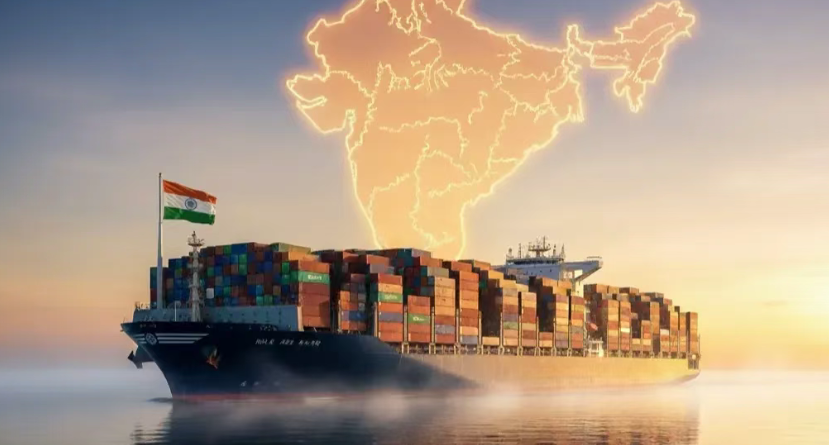
The bulk carrier fleet has grown significantly in recent years to cater for the world’s growing economy. Between 2014 and 2023 the number of vessels increased by 20% (to 12,200 according to the statistics used for the purposes of the report), with today’s bulk fleet representing more than 40% of world tonnage and carrying an estimated 55% of the global transport work. Despite the fleet growth, encouraging statistics show that the loss of vessels continues to fall.
Naturally, areas of concern remain including cargo liquefaction or other moisture related cargo failure mechanisms, which pose the greatest risk to life, contributing to the loss of 55 lives or 61.8% of the total loss of life over the past 10 years. Groundings remain the biggest cause of ship losses. Enhancement of safety awareness by all parties, and especially the need for stakeholders to provide ships’ crews with the correct cargo characteristics details, remains a priority to reduce casualties even further.
The reduction of incidents, as revealed in the Report, can be attributed to continual safety improvements implemented by ship operators in tandem with enhanced legislation within the sector. A significant contributing factor to the safety performance of bulk carriers is the development and implementation of an improved international regulatory framework. As a Non-Governmental Organisation (NGO) within the International Maritime Organization (IMO), INTERCARGO is proud to have played an important part in the development of this legislation. The adoption of new technology to improve ship design is also a major causal factor.
Announcing the publishing of the latest Bulk Carrier Casualty Report 2014-2023, Dimitris Fafalios, INTERCARGO Chairman, commented: “Bulk carrier safety must never be overlooked. We have come a long way since the ‘dark days’ of the 1980s, when we experienced many tragic losses of lives and vessels. Since then, safety performance of the sector has steadily improved, thanks in large part to concerted efforts by INTERCARGO with other industry stakeholders. These latest statistics reveal an impressive achievement, especially when considering the significant rise in the number of bulk carriers during this period.”
“There is, however, definitely no room for complacency. Any loss of life is tragic, and the shipping industry must pay close attention to the contributing causes analysed in this report. INTERCARGO believes the dry bulk sector should be proud of its achievement and recognise that improved safety is largely thanks to continuous crew and shore-staff training, improved ship design, new technology and stronger regulatory compliance,” Mr Fafalios said.
INTERCARGO has vowed to continue to work tirelessly with all stakeholders in order to improve bulk carrier safety and ultimately to strive for the day where there are zero losses of dry bulk ships and seafarers every year. We also point out that the pandemic and recent geopolitical events have generated new challenges for ship and crew safety which INTERCARGO is closely monitoring and voicing its members’ concerns in all available fora.
The full report can be found on the INTERCARGO website: www.intercargo.org






